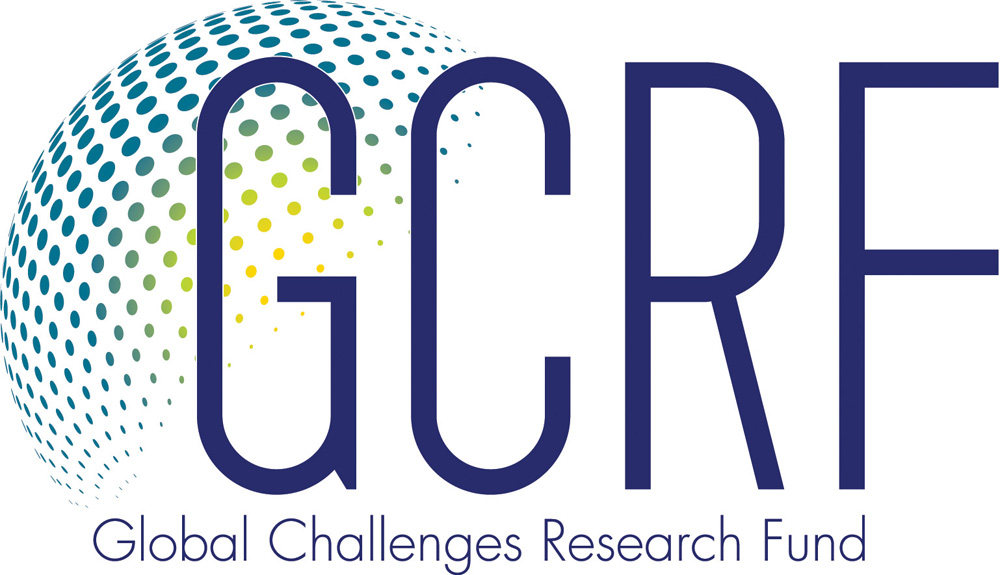GCRF GIAA Impact Fund: Dr Luke Meredith

DEPLOY: Diagnostics to Empower Pathogen detection in a LOw-income countrY, PI: Dr Luke Meredith (Department of Pathology)
From Ebola to Zika, disease outbreaks in low-incoming countries pose massive global public health challenges. Now – thanks to GCRF GIAA funding – a group of Cambridge-led researchers have developed DEPLOY, a simple, affordable and transportable “lab in a suitcase”. By enabling local communities to respond more rapidly and effectively, DEPLOY could help stop future disease outbreaks in their tracks.
The Ebola outbreak that hit West Africa between 2014 and 2016 resulted in some 28,000 recorded cases and led to more than 11,000 deaths. All told, it affected more people than every previous Ebola outbreak combined. And as it spread rapidly through Guinea, Liberia and Sierra Leone, Dr Luke Meredith was one of hundreds of scientists and medics who responded to the healthcare emergency.
Luke is a virologist who specialises in viral pathogens in developing countries. Today, he’s a Research Associate in the Department of Pathology and a Borysiewicz Biomedical Science Fellow. But in 2015-2016, he was deployed to Sierra Leone for 18 months as part of Public Health England’s Ebola Outbreak Diagnostics and Sequencing Service.
The international effort ultimately brought the outbreak to an end, but it was a slow and costly process. “The ability to respond to the outbreak was hugely hampered by lack of diagnostics in the country,” Luke recalls. “For Public Health England to set up three permanent facilities cost tens of millions of pounds, and took almost a year from the start of the outbreak to the first diagnostics.”
Back in the UK, Luke and his colleagues wondered, was there a faster way to deliver diagnostic facilities to infectious disease outbreaks? Together, they came up with the idea of DEPLOY – a modular diagnostics platform that fits into four suitcases and a tent, and can be transported easily by plane or car to wherever it is needed. Each suitcase contains one diagnostic module coupled with basic infrastructure comprising batteries, solar power, WiFi and simple training materials.
“Speaking to people in Sierra Leone made us realise that making it as modular as possible would make it much more affordable,” he explains. “It means you can swap bits in and out, depending on the situation. If you’re looking for a virus, you’d take serology and PCR; if it’s a bacteria you need microbiology and serology; and if you don’t know what you’re up against, you can take the whole lab, but not everyone needs that.”
Having come up with the idea, they needed funding to find out if they could actually build an affordable, CE-approved laboratory, and the GCRF GIAA call came at just the right moment. “We found out about the funding via the Borysiewicz Biomedical Science Fellowship and the Centre for Global Equality,” says Luke. “Our Fellowships started in August 2018, and the funding call came in December, which was perfect timing for us.”
The team used the grant to build a prototype, a website and form a small company with the Centre for Global Equality. The project came in on time and under budget, and was launched to hundreds of visitors at the 2019 Cambridge Science Festival. The GIAA, says Luke, made it all possible.
“It’s rare to find funding that’s for a global challenge and for a product, rather than a paper, so the GIAA was a fantastic opportunity. It was spot on, even the time frame. Disease outbreaks don’t happen in six or 12 months, they happen overnight, so it’s all about how fast you can put something together,” he says.
“Compared with most research funding, It’s not a huge grant, but we managed to stretch it a long way. A lot of people think you need huge amounts of money for a global challenge, but if you break it down to simple ideas, it doesn’t need to be expensive.”
The next step is to test the prototype in-country, and the team will soon start working with local staff in Sierra Leone’s hospitals and Ministry of Health. After that will come developing sustainable supplier pipelines and establishing logistics to expand towards their eventual goal of having numerous modules available throughout the world so that countries can use DEPLOY directly.
If it works well, the impact could be enormous, not just on Ebola but a host of infectious diseases. “The 2014 Ebola outbreak started in a small village in Guinea, and the patient travelled through multiple villages and into the densely populated capital city to reach a diagnostic centre. If you’d had a diagnostic facility there, it may never have happened,” Luke concludes. “The patient could have been diagnosed on the spot, quarantined, and vaccinations could have started four months earlier. That would have saved thousands of lives – and billions of pounds.”
Funded by: GCRF Global Impact Acceleration Account 2018 University of Cambridge (EP/S515966/1)

